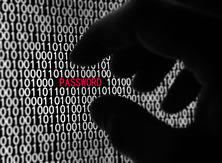University of South Carolina notifies 34,000 of computer records hack
The University of South Carolina has started notifying 34,000 people with ties to its College of Education that their personal information might have been accessed in a computer…




